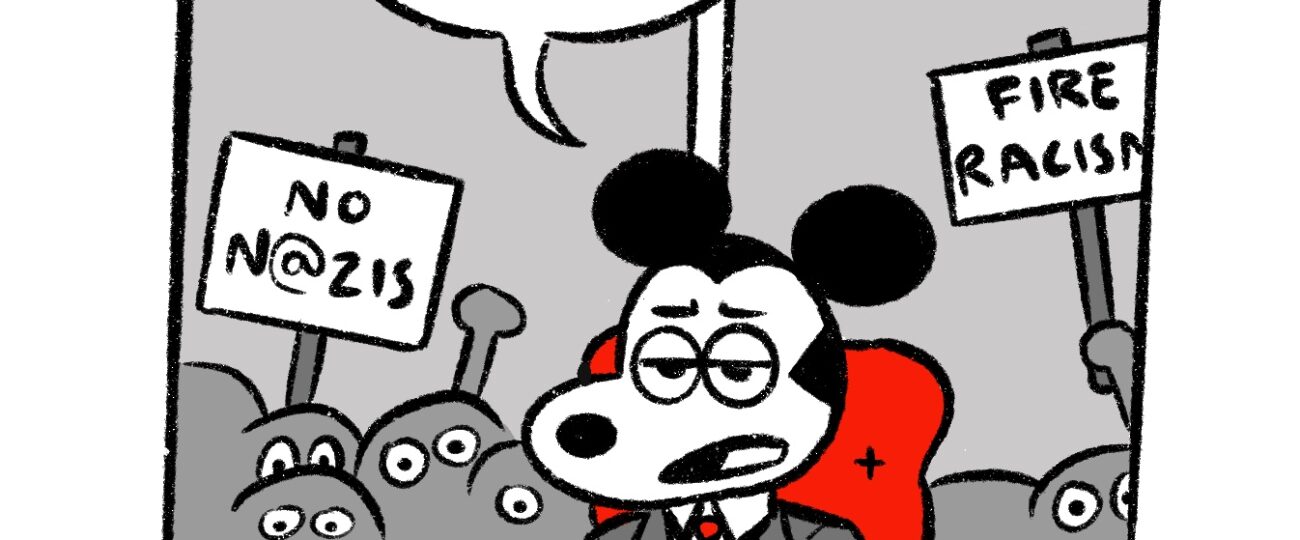It seems like every month, a new celebrity is being cancelled, but what exactly does that mean? Fox News defines being cancelled as, “being culturally blocked from having a prominent public platform or career.” How does cancel culture affect a celebrity’s career and why do some people not agree with it?
Most people do not take a part in cancel culture because they believe that it is toxic and sometimes uncalled for. For example, Twitter was quick to cancel Jimmy Fallon because of a 20-year-old video that resurfaced of Fallon doing blackface and imitating actor Chris Rock. However, Twitter users against cancel culture were quick to defend Fallon, saying that he was young, did not know what he was doing was wrong, and was only doing what his boss said so he could make money to put food on the table. Fallon apologized, admitted that what he did was wrong, and thanked his fans for holding him accountable for his actions.
Many members of the Republican party disagree with cancel culture because they believe that the movement condemns the First Amendment, more specifically the idea of free speech. The argument against this, however, is that celebrities get cancelled because of their disrespectful actions and words. On the other hand, some people love cancel culture, especially Twitter users.
Dr. Jill McCorkel, a professor of sociology and criminology at Villanova University, told the New York Post that we, as a society, love cancel culture because, “it’s psychologically intoxicating to feel part of a group and to feel a part of something larger than yourself.”
Examples of celebrities that have fallen victim to cancel culture, just in 2020, include YouTuber Shane Dawson, actress Lea Michele, singer Doja Cat, actress Vanessa Hudgens, author J.K. Rowling, and talk show host Ellen DeGeneres.
Dawson was cancelled following the resurfacing of videos of him making racist comments and of him making sexual jokes towards singer Willow Smith, when she was just 11-years-old. Michele was cancelled after fellow Glee co-star, Samantha Ware, said that Michele threatened to have her fired and made jokes about defecating in Ware’s wig during the filming of Glee.
Doja Cat fell victim to cancel culture after videos surfaced of the singer in racist chatrooms. Hudgens was cancelled after she posted a video on Instagram, in which she said, in response to Coachella being cancelled due to the pandemic, “even if everybody gets it, like yeah, people are going to die, which is terrible…but inevitable?”
Rowling was cancelled after making transphobic comments on Twitter. DeGeneres was cancelled after it was revealed that she acts very rude off camera and that being on her talk show is a very toxic environment.
So how do WU students feel about this? Sophomore psychology major, Sam Ryan, said, “Cancel culture is toxic and should be removed because most of the time people don’t use it for the right reasons.”
“Cancel culture can be beneficial in the sense of taking away the platform of someone who is spreading hatred, however, the level of extremity that cancel culture has come to support is not healthy,” said sophomore french major, Gray Balen. “Cancelling someone for a minor issue or a one time mistake seems to spit on the idea that people deserve a chance to mature and apologize.”
“I personally think that cancel culture shouldn’t be a thing; there’s so many different things that it could be called,” said sophomore exercise science major, Nicole Weiss. “Calling it cancel culture is implying that it is a way people live day to day. It’s healthy to boycott some things, but it actually does a number on mental health if a person dwells in the negative feelings too long.”
“When people find out how trashy a person is, they get on it, it’s a toss of dice really,” said sophomore theater performance major, A’vion Williams. “I don’t care much about it but it can be very annoying at times.”
I personally believe that cancel culture is a perfect example of right idea, wrong execution. The concept of holding people accountable for their actions is a great idea, however, I don’t believe that we should cancel a celebrity for something they did 15+ years ago and have since apologized for. People can grow and change personally. Hopefully the toxicity of cancel culture can be removed in 2021. I wonder who will be cancelled next, and what they will be cancelled for…
Graphic by Micheal Yelton




